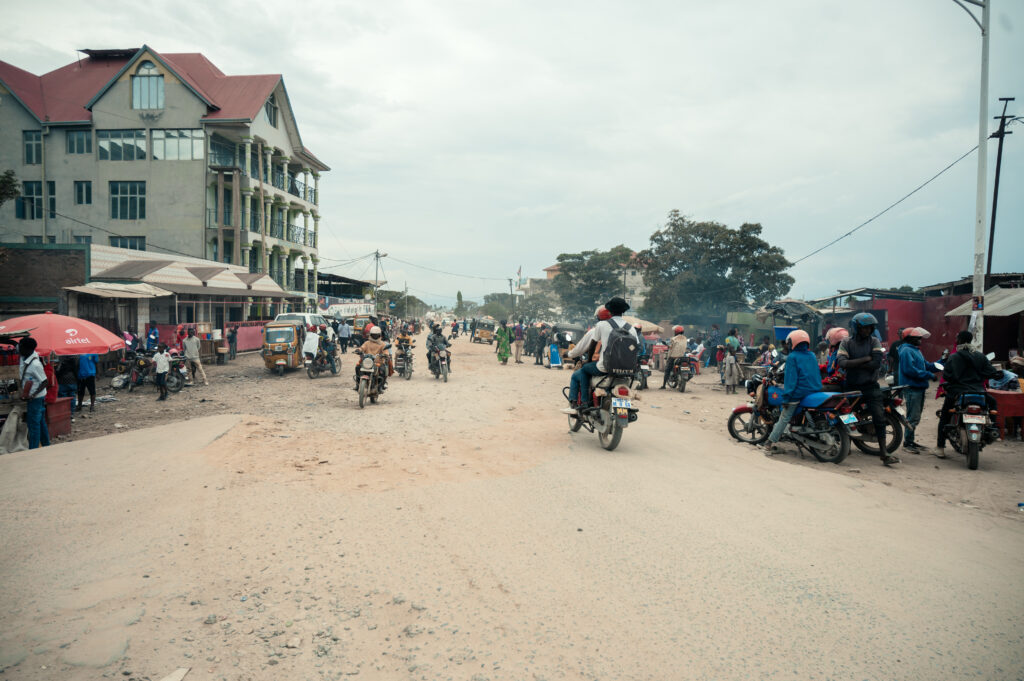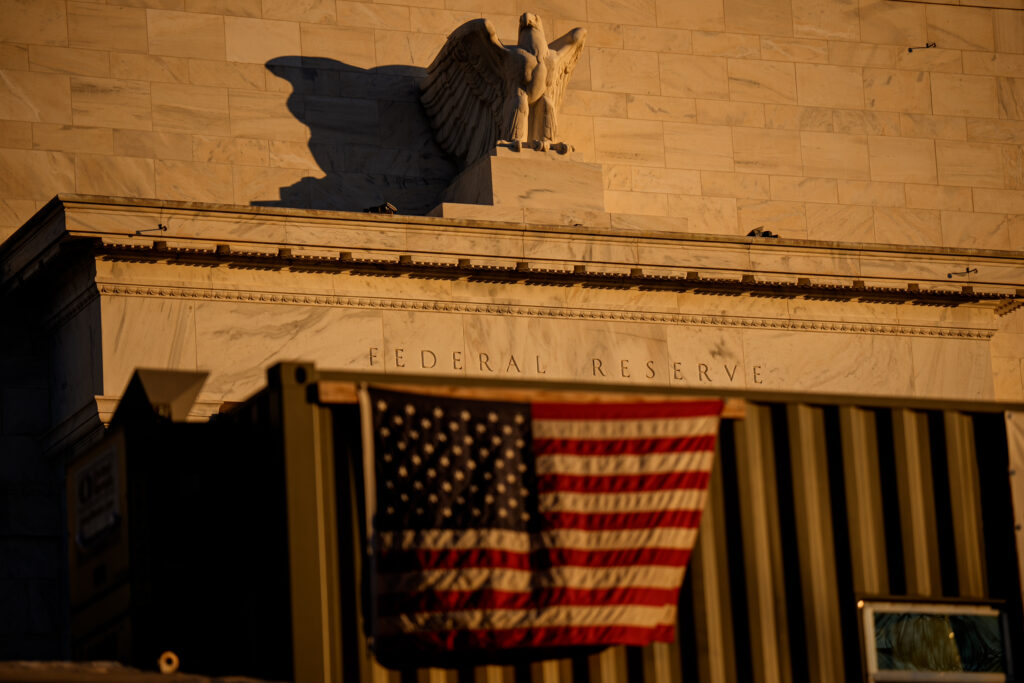Ecouter et conseiller des demandeurs d’emploi parfois en grande souffrance, que peurs ou traumatismes empêchent d’avancer: un petit millier de psychologues oeuvrent chez France Travail pour des chômeurs sous pression face au durcissement des règles.”Je n’ai pas de divan dans mon bureau”, blague Mélanie Cordazzo. Dans l’agence France Travail d’Ingré, près d’Orléans, au décor impersonnel, son bureau se distingue par une vraie porte et le tableau d’une fleur rose.L”une des 954 psychologues travaillant chez France Travail, répartis dans les 896 agences, elle accompagne 41 demandeurs d’emploi, une toute petite proportion des 11.500 suivis dans cette agence.Des personnes qui, parfois, “ont perdu pied, n’arrivent plus à exister dans le travail” à la suite d’un licenciement ou de harcèlement subi sur un poste précédent, explique-t-elle. Egalement “beaucoup de jeunes diplômés ou mis de côté par Parcoursup qui essayent de trouver du sens”. Margot, 25 ans, diplômée d’un master en Business Development, se sentait illégitime face aux offres d’emploi. “J’étais assez déprimée par ma recherche et j’ai repris petit à petit espoir en me disant que je ne suis pas forcément moins bien que les autres”, confie la jeune femme suivie depuis six mois. Estelle (prénom modifié), elle, se sentait “perdue” après avoir démissionné d’un emploi dans le prêt-à-porter. Suivie pendant deux ans, elle a construit un autre projet professionnel.En complément des conseillers, les psychologues aident ces demandeurs d’emploi à “porter un autre regard” sur eux-mêmes, à réfléchir aux “difficultés actuelles ou passées qui (les) empêchent d’avancer dans (leur) parcours de retour à l’emploi”, explique France Travail.Ces dernières années, plusieurs réformes successives ont durci les conditions d’accès aux allocations chômage. Aujourd’hui, seuls quelque 40% des inscrits à France Travail en touchent et la durée maximale d’indemnisation (hors seniors) est réduite à 18 mois, contre 24 auparavant.La semaine dernière les organisations patronales ont écrit au Premier ministre avoir pour “objectif” de diminuer le coût annuel de l’assurance chômage d’un milliard d’euros.En 2024, un rapport des chercheurs Antoine Duarte, Stéphane Le Lay et Fabien Lemozy soulignait la “paradoxalité” du travail des psychologues, “le registre de l’écoute” pouvant entrer en conflit avec les objectifs de France Travail, qui vise à les remettre au travail le plus vite possible.- Epuisement -De fait, ces rendez-vous sont également l’occasion, pour des personnes qui voient souvent un psychologue pour la première fois, de faire remonter d’autres souffrances que celles liées au travail. “La question du traumatisme sexuel, on m’en parle toutes les semaines”, témoigne Sylvie Dujardin, présidente de l’association Pôle Psycho qui fédère 250 psychologues de France Travail, évoquant viol, inceste… Une partie du travail consiste alors à orienter vers d’autres d’autres psychologues.S’ils ne peuvent pas le diagnostiquer, car ils ne sont pas cliniciens, les psychologues du travail peuvent également repérer les signes de burn out.Certains chômeurs souffrent aussi d'”épuisement de la recherche d’emploi”, constate Mélanie Cordazzo. Elle leur explique qu’il est inutile de “postuler à tout” et nécessaire de prévoir des “fenêtres de récupération” dans la semaine. Face à l’ampleur de la tâche, “on manque de professionnels et de moyens”, déplore une autre psychologue, Marie (prénom modifié). Néanmoins, “la plupart des gens qu’on reçoit ressortent hyper-soulagés d’avoir été reconnus dans leur souffrance au travail ou entendus face à leur statut de +chômeurs+ toujours aussi stigmatisés”, constate sa consoeur Anne (prénom modifié).Certains déplorent que France Travail convoque et non invite les demandeurs d’emploi à ces rendez-vous, ce qui est contraire au code de déontologie de la profession. Mais, se félicite le délégué syndical de la FSU-emploi, Olivier Parandon, la formulation des courriers doit être corrigée courant 2026. Le suivi psychologique ne décale pas la durée d’indemnisation. La question du temps est présente dans le suivi parce qu'”une personne privée de ressources est aux abois”, résume Mélanie Cordazzo.”Quand vous mettez quelqu’un dans une filière en tension parce que c’est là qu’il y a du boulot, s’il en sort au bout de deux mois, c’est un échec de plus”, avertit Denys Neymon, président de Solidarités nouvelles face au chômage.




